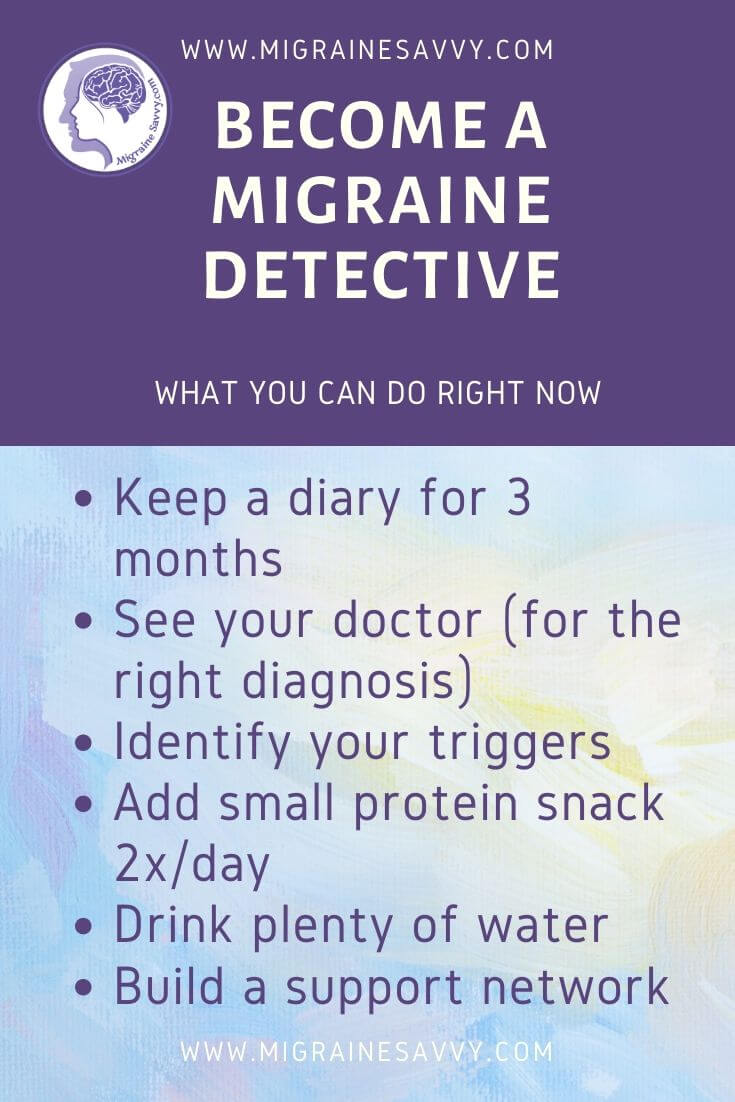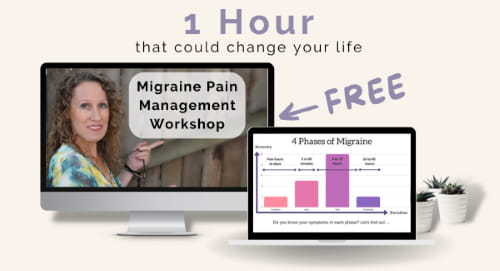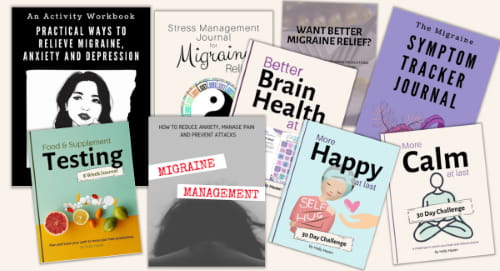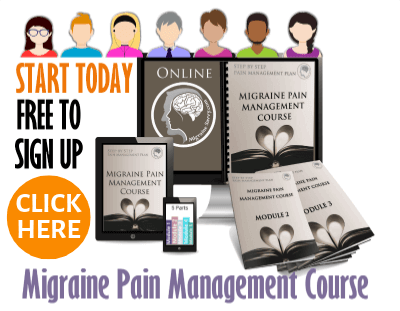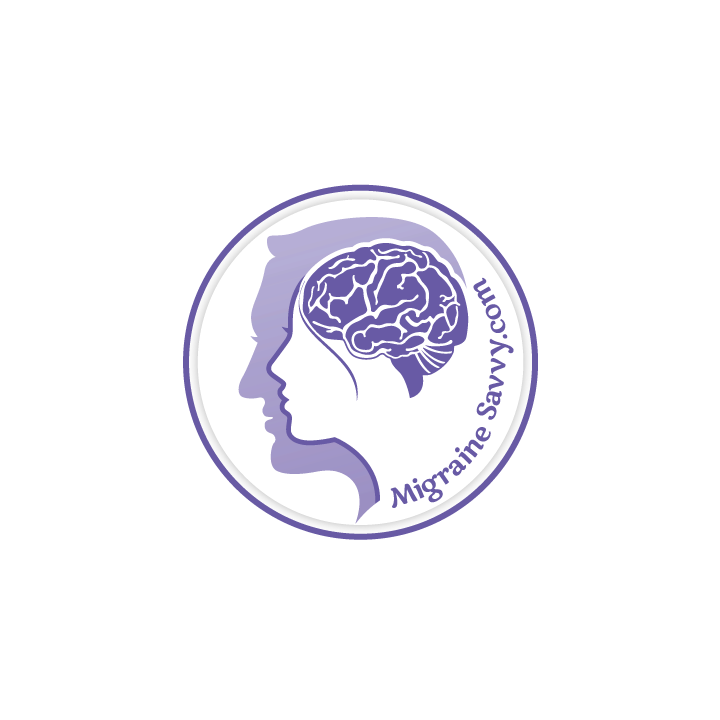- Home
- Migraine Support
- Migraine Advice
Magnesium Deficient = More Migraine Attacks
Science confirms this hidden trigger.
Get all 7 forms your body actually absorbs in one bottle.
🎁Save 10% with my code!
Magnesium Deficient = More Migraine Attacks
Science confirms this hidden trigger. Get all 7 forms your body actually absorbs in one bottle +
🎁Save 10% with my code!
Top Migraine Advice Tips From 26 Years Of Attacks
Getting the right migraine advice at the right time is essential to effectively managing, and possibly aborting, that next impending migraine attack.
After spending far too many years seeking a cure for this condition, I know that if I had found good solid, practical advice initially that my results would have been much different. Much. Much. Different.
So, let's start with some basics and a few quick Q & A's.
Create a solid migraine pain management strategy
My personal circumstances changed when I spoke to my very first counsellor. She asked if I had a pain management strategy. I still remember my snarly reaction "what do you know about pain management?"
She replied "actually I got my psychology degree from my hospital bed, where it took me 11 years to fully recover from a devastating car accident that broke every bone in my body."
After my shock wore off, I understood that I needed to find a way to control this pain the best way I could manage. Not just pushing through like I had been... leaving migraines untreated means they can turn chronic. This is so important.
Maintaining quality of life is important to me.
Leaving a migraine untreated means it can slowly and more easily become a chronic condition. And you don't want that.
My #1 Choice in Magnesium Supplementation
What is migraine... exactly?
We now know that migraine is not just a headache, it is a medical condition. In fact, it is a genetic neurological disease.
Rarely do we refer to it as such - no one wants to acknowledge that they have a disease.
We also know that depression often accompanies chronic pain that comes with never ending migraine attacks.
So to maintain the quality of your life and avoid spiraling into depression, it's good to get professional help with handling your emotions and moods. Lucky for you, I'm a qualified counsellor - I have a masters degree in counselling and applied psychotherapy - MCAP.
I've always said that migraine is an extreme sport; I feel that it is important to find hope, despite having migraines. They are much easier to live with if you can find meaning in life.
Migraine is an extreme sport!
~ Holly Hazen
How do I know it's a migraine?
Typical symptoms associated with a migraine headache include: [1]
- Nausea.
- Vomiting.
- Pain behind one eye or one ear.
- Pain in the temple, normally on one side.
- Seeing spots or flashing lights.
- Sensitivity to light and/or sound and/or smell.
- Temporary vision loss; blurry vision.
What is the fastest way to cure a migraine?
Try these tips and get to feeling better fast. [2]
- Try a cold ice pack. If you have a migraine, place a cold pack on your forehead and neck.
- Use a heating pad or hot compress on your hands.
- Massage your scalp. Ease the pressure.
- Dim the lights or go rest in a dark room.
- Drink one liter of water.
- Drink or eat something caffeinated.
- Listen to a guided relaxation.
- Try getting a massage.
- Take some ginger; powdered or capsules.
- Take prescribed abortive medications asap.
Which doctor is best for migraine?
Your family doctor is a great starting point for headache relief. But for chronic headaches, troubling symptoms, or migraines, you may need to enlist the help of a neurologist. The average headache doesn't require a call to a neurologist or even your family doctor. [3]
But for migraine you need to find a neurologist that treats migraine... they don't all treat migraine.
What will a doctor do for a migraine?
Prescribe medications and rule out anything sinister.
Mild migraines can be treated at home with over-the-counter pain medicines such as acetaminophen (Tylenol®), ibuprofen (Advil® or Motrin®), or naproxen (Aleve®) or with prescription medicines from your doctor. When a migraine hits, it may also help to lie down in a dark room and try to sleep. [4]
Rest alone can abort an attack... for some.
Good questions to ask your ER doctor if you end up there first...
Ask your doctor:
- Which medicine do you think might work best for me?
- How fast will it start working?
- How long will it work? Will it help stop my migraine from coming back within the next day or two?
- Are there any serious side effects I should watch for? If so, what are they?
- What should I do to follow up after I leave the ER?
- What can I do to keep from having another severe migraine in the future? [4]
How to get great migraine advice
1. Get diagnosed by your doctor. Once you know the attacks are definitely migraines, you can learn how to better manage them.
2. Understand your condition. Educate yourself about your type of migraine. Each type has a different treatment. This will help you know where to start and prepare you for future attacks.
3. Keep a migraine diary for at least three months so you can identify patterns and triggers.
4. Understand your prescribed medications and or alternative options. It is important to know what you are taking, when you are meant to take it and what it is meant to do for you. It is also important that your doctor knows everything you are taking, even supplements. For example, St. John’s Wort in particular can interact with many medications.
5. Preventive treatments are typically prescribed if you are getting more than 3 migraines per month.
6. Abortive treatments like triptans have been proven to be the most effective.
7. You need a network of health professionals to help you through this. A good support team will help you maintain the quality of life you deserve.
Where to go for the right migraine advice
Because I know how beneficial getting some support through this difficult, life altering medical condition has been for me, I can provide a few alternatives right now to get you started with the right migraine advice.
I wish you all the best in finding help on your pain journey. It’s not an easy one, and I think it’s important to understand our responsibility in managing our own migraine episodes, so they don’t control our lives.
Take back control. Finding options to help manage your pain and the other things it impacts on, will help maintain your quality of life and overall wellness!
Don't be afraid to ask for help. It's the best step I ever took.
Here are a few more ways I can help you right now with migraine advice...
WANT MORE TIPS? Subscribe to my newsletter and follow along on Facebook and Pinterest for all of the latest updates.
MIGRAINE HELP Related Articles
How to be more MIGRAINE SAVVY right now...
Migraine Advice Page Sources:
1. Healthline (2017) What’s the Difference Between Migraine and Headaches? Available [online] at: https://www.healthline.com/health/migraine/migraine-vs-headache
2. WebMD (2020) 10 Ways to Get Rid of a Headache. Available [online] at: https://www.webmd.com/migraines-headaches/5-ways-to-get-rid-of-headache#1
3. EveryDay Health (2014) Is It Time to See a Neurologist? Available [online] at: https://www.everydayhealth.com/pain-management/headache/headache-neurologist.aspx
4. NCBI (2013) Treating Severe Migraine Headaches in the Emergency Room. Available [online] at: https://www.ncbi.nlm.nih.gov/books/NBK164538/ Accessed Feb. 17, 2020.


